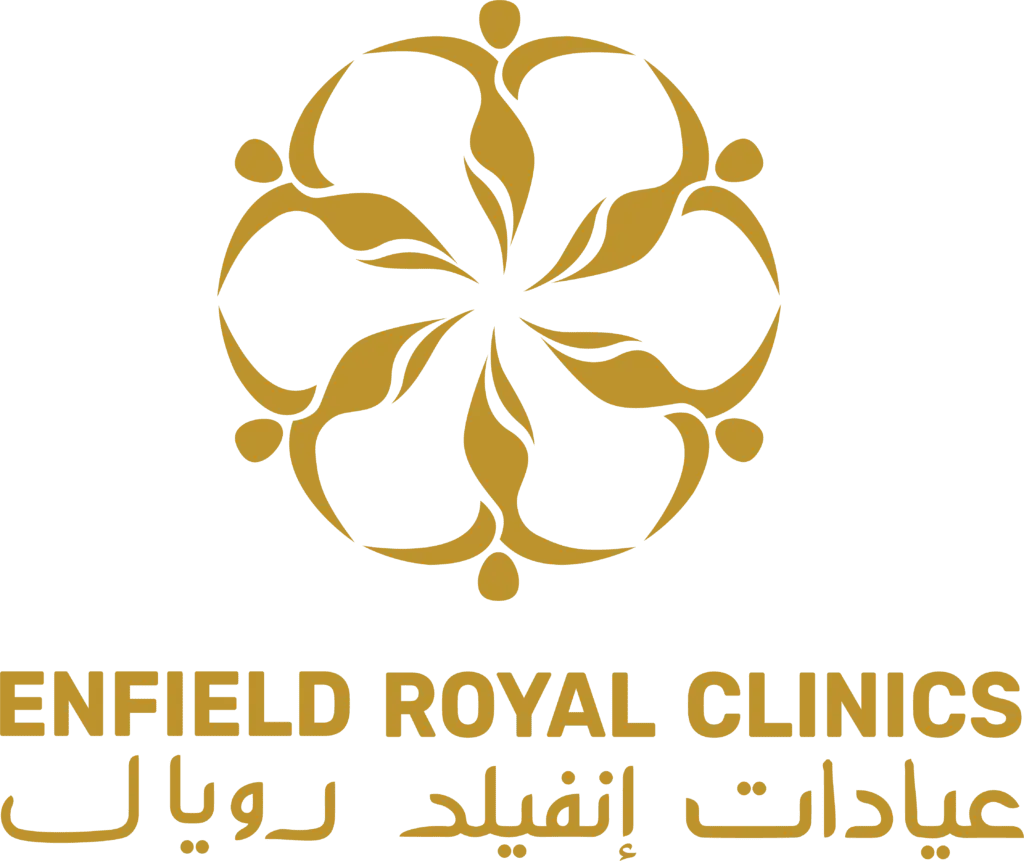Unsightly and painful, warts are the little benign growths brought on by the human papillomavirus (HPV). Even so, many warts go away on their own. However, others can call for medical attention. Moreover, a popular choice is wart removal surgery. Though, Is Wart Removal Surgery Safe? Hence, we will investigate the safety of wart removal surgery in this blog. Also, we will discuss what the operation involves, aftercare guidelines, and possible hazards and complications.
Wart Removal Processes:
Wart removal surgery is a medical process meant to eradicate warts that neither respond to other treatments nor cause notable pain. Warts can be removed surgically using numerous techniques including:
Cryotherapy:
- Uses liquid nitrogen freezing of the wart.
- Fast and efficient yet can call for several sessions.
Electrosurgery:
- Burns the wart with electrical electricity.
- Usually paired with curettage—where the wart is scraped off—wherever possible
Laser Treatment:
- kills wart tissue with concentrated laser beams.
- Ideal for stubborn warts or difficult access.
Excision:
- entails scalpel cutting off of the wart.
- Usually done under local anesthesia.
Is Wart Removal Surgery Safe?
If you have warts and want to remove them, you must have some questions. Therefore, the one main question Is Wart Removal Surgery Safe. So, generally speaking, wart removal surgery is safe when carried out by a licensed medical practitioner. Still, there are some things to consider as with any medical treatment:
- Qualified Practitioner: To reduce hazards, make sure the operation is carried out by a dermatologist or another qualified medical practitioner.
- Proper Sterilization: Equipment and sterile surroundings lower the infection risk.
- Patients’ Health: The safety of the operation could be influenced by your medical background and general state of health. Tell your doctor of any underlying disorders.
What should one expect throughout the operation?
Knowing the operation helps to reduce worry and guarantee a flawless experience. You should therefore expect:
- Consultation: Your doctor will evaluate the wart and go over the best surgical approach with you.
- Preparation: Specialists sterilize and properly clean the wart’s surrounds. Furthermore, they may numb the area using local anesthesia.
- Surgery: The surgeon may freeze, burn, laser or slice and remove the wart. However, it all depends on the technique that may fit you. Moreover, usually, the operation lasts a few minutes to an hour.
- Post-Procedure Care: The specialists will make the bandage the treatment is after cleansing it. Moreover, your doctor will write particular aftercare guidelines.
Aftercare Instructions:
Healing and avoidance of problems depend on appropriate aftercare. These are some broad pointers on aftercare:
- Keep the Area Clean: With gentle soap and water, softly clean the region.
- Avoid Irritation: Never pick or scratch the treated area.
- Apply Topical Medicines: Promote recovery and ward against infection using recommended ointments or lotions.
- Follow-up: See any planned follow-up visits to track recovery.
Potential Hazards and Complications:
Although most of the time safe, wart removal surgery carries certain risks and complications:
- Infection: Minimizing this risk is mostly dependent on maintaining the region clean and following advice on aftercare.
- Scaring: Though it normally fades with time, some surgical techniques can leave a scar.
- Recurrence: Particularly in cases of HPV remains present, warts might recur even following surgical excision.
- Discomfiture and Pain: Common following the operation is little pain or discomfort, which often goes away a few days.
- Reactions by Allergies: Patients seldom may react adversely to topical treatments or anesthesia.
Additional Treatments:
Should you be reluctant about surgery, there are other wart treatments available including:
- Ointments and creams either prescription or over-the-counter.
- Organic remedies including duct tape, garlic, or apple cider vinegar.
- Oral drugs, cantharidin, or immunotherapy.
In Conclusion:
Wart removal surgery is a safe and effective way to get rid of bothersome warts that keep coming back. Selecting a trained healthcare provider and following correct aftercare guidelines can help you reduce risks and guarantee a seamless recovery. Should you have any queries or worries about the surgery, see your dermatologist to find the best course of action for your particular circumstances. Knowing the procedure and possible results will enable you to decide about wart removal surgery with knowledge.
Book an appointment with the expert at Enfield Royal PK for the safe and effective wart removal.










Leave a Reply